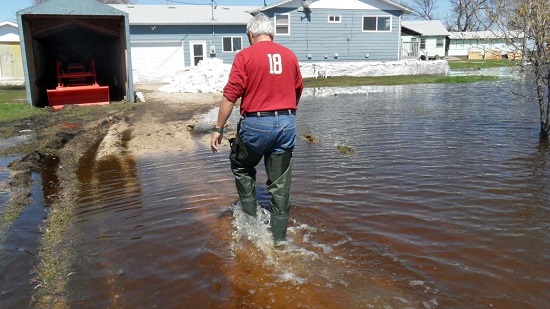 Saturday, October 5, 2024
Saturday, October 5, 2024  Saturday, October 5, 2024
Saturday, October 5, 2024 
Canada’s infrastructure is already vulnerable to a changing climate and the problem will get worse if all levels of government don’t get more serious about the challenge ahead, a new report warns.
The report from the Canadian Institute for Climate Choices (CICC), an independent think tank, shows that without “new investment and improved regulation,” Canada’s infrastructure won’t be able to withstand the effects of climate change, which could leave “Canadians physically and financially under water,” the report says.
“Because decisions around infrastructure in Canada right now aren’t accounting for a warming climate, we’re potentially going to be on the hook for billions of dollars in costs within even just a couple of decades,” said Ryan Ness, a research director at the CICC, in an interview with iPolitics on Tuesday.
“On the flip side, we have opportunities to dramatically minimize those costs by investing proactively in adaptation, by building infrastructure that’s more robust, by not building it in places that are risky, and by upgrading and strengthening the infrastructure we have to make it more resilient to a more volatile climate,” he continued.
The report highlights three key areas where Canada’s infrastructure falls short and where more investment and regulation is urgently needed: flooding of homes and buildings, damage to roads and rails, and effects on Canada’s electricity grids.
Flood risks aren’t limited to coastal regions of Canada. Inland regions will be seriously affected, too.
Inland flooding currently costs Canadians about $1.3 billion annually, the report says, but could increase to nearly $7 billion by midcentury, and nearly $10 billion by the end of the century if Canada doesn’t succeed in reducing emissions.
Reducing emissions reduces the likelihood of more precipitation and higher water levels, thereby reduce the risk of floods.